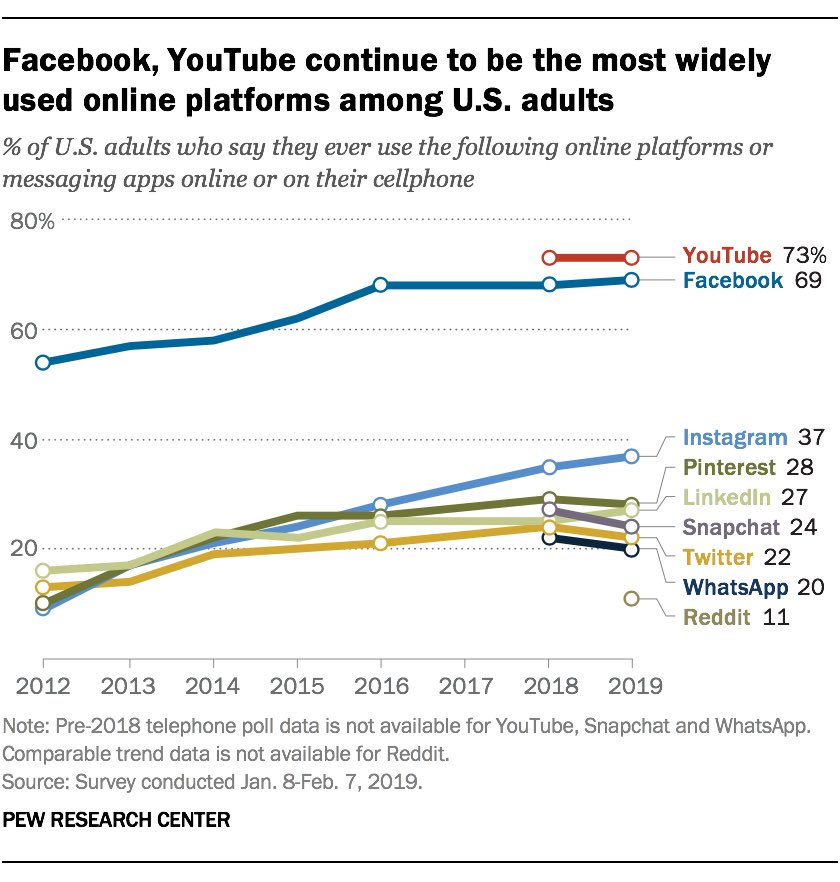
The good news is that the economic recovery is not quite sliding into reverse, the bad news is that it has largely stalled for the moment.
Given the lack of widespread vaccinations at this point, a slowdown in economic recovery was likely unavoidable as part of getting the virus under control.
The crisis remains a services recession. While employment goods producing sectors are down 4%, they are down 7% in private-services. Within services, leisure and hospitality remains down a drastic 23%.
The $900 billion in economic relief that passed in December is enough to prevent households and businesses from collapsing under financial strain for the near-term. With that relief in place unless the virus gets considerably worse, a serious economy reversal is unlikely.
However, a significant economic recovery without a pandemic recovery is not possible, as a result the economic trajectory is largely a matter of epidemiological forecasting at this point.
The next few months should see the economy improve somewhat as case counts continue to fall. However, a serious risk is that more contagious variants of COVID-19 reverse this process.
How does this recession compare to previous ones? Let's focus on two measures, one optimistic, one pessimistic. But neither is great....
Permanent job losers who are unemployed are currently up about 2.2m from a year ago. That is in between the Great Recession (4m) and the tech bubble (1.5m). So how big of a recession do we have in this view? In between those two, but closer to the tech bubble. 

However, the second line there is the year-to-year change in those not in the labor force but wanting a job. This is 2 million people, compared to 1 million in the Great Recession and 400k in the tech bubble.
Typically, NILF would imply serious disconnection from the labor force, the kind of job loss you can't quickly put back in the bottle. But I *THINK* that the elevated levels here are due to inability to search for jobs during COVID, or thinking they have a job they can get back
This is the risk. We have to hope a category of job loss that is usually very problematic is in fact mostly benign and will bounce back quickly once pandemic constraints are lifted.
If that happens, then permanent job loss will be all the new jobs that we need to create, which will leave us in between the tech bubble and the GR, somewhat closer to the tech bubble.
• • •
Missing some Tweet in this thread? You can try to
force a refresh








